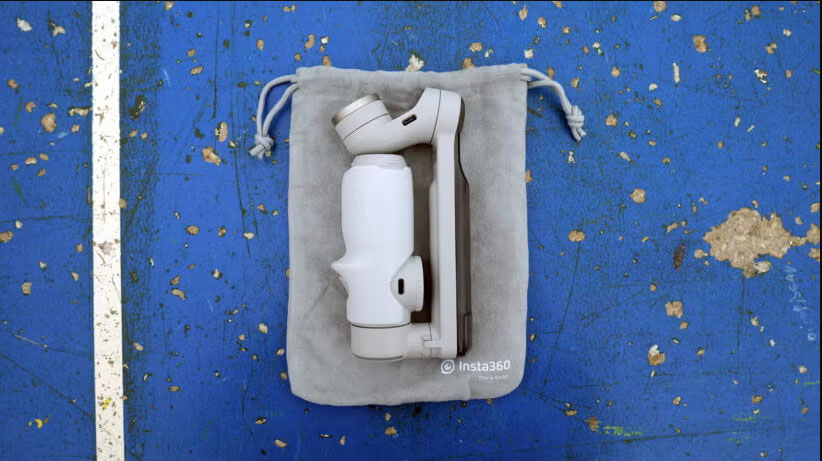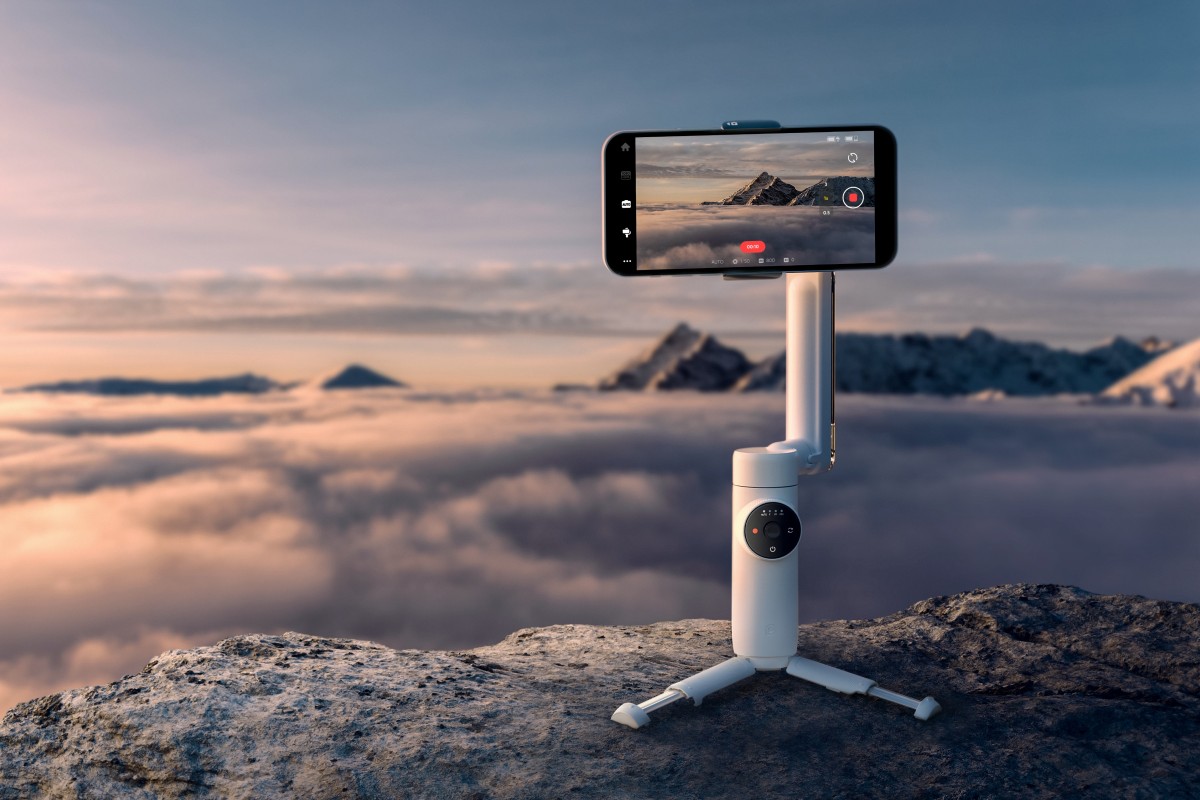If you’re on the hunt for a gimbal that delivers killer stabilization without the bulk, this Insta360 Flow review (2025) will give you the full scoop. I’ve been using this little powerhouse for about a month now, and it’s genuinely impressed me with its AI tracking, portability, and ease of use.
The Insta360 Flow isn’t just Insta360’s first smartphone gimbal—it’s also a serious contender against DJI’s more established Osmo line. In this post, I’ll walk you through how it performs in real-world use, the features that stood out, and whether it’s worth your money in 2025.
First Impressions & Design
The Flow arrives in a compact box and feels surprisingly premium straight out of the packaging. It folds up neatly to a pocketable size (around 7.9 x 16.2 x 3.6 cm) and weighs just under 400g, which makes it one of the most travel-friendly gimbals I’ve tested this year.

Unfolding it is intuitive, and it powers on automatically as you twist it into position—no separate power button press required. This makes getting started feel really slick and fast, especially when filming on the go.
Mounting and Compatibility
The Flow uses a magnetic clamp system that snaps your phone into place in seconds. It supports phones between 64 and 84mm wide and up to 300g in weight. I tested it with my iPhone 15 Pro and a friend’s Samsung Galaxy S23—both worked flawlessly, even with slim cases on.
The clamp feels secure, and there’s almost zero wobble during movement. I also appreciated the fact that the clamp doesn’t block any side buttons like some older gimbals used to.
Stabilization and Shooting Modes
In terms of stabilization, the Insta360 Flow is every bit as good as DJI’s Osmo Mobile 6—possibly better in certain situations. I filmed several walking clips, panning shots, and even a bit of bike footage, and the results were incredibly smooth.
There are four modes to choose from:
- Auto: Adapts to your movements and picks the best stabilization mode for you
- Follow: Keeps horizon level while following tilt and pan
- Pan Follow: Smooth horizontal panning, great for vlogging
- FPV: Full 3-axis freedom for dynamic, high-energy shots
I mostly stuck with Auto and Follow, but switching modes mid-shoot was easy thanks to the integrated touch wheel on the handle.
AI Tracking and App Integration
Where the Flow really shines is its Deep Track 3.0 system. It’s hands-down the best subject tracking I’ve seen on a mobile gimbal. I tested it while walking through a park, and even when I moved behind a tree or a person passed between me and the camera, it picked me right back up.
The Insta360 app is the same one used for their action cams, and it’s surprisingly polished. It includes modes like Dolly Zoom, TimeShift, and Slow Motion, plus built-in templates and editing tools. I’m usually skeptical of these “auto editors,” but the results were genuinely usable.
Built-In Extras
Another thing I really like? The Flow has a built-in tripod and selfie stick. The tripod pops out from the handle, and the 215mm extension rod gives you a ton of flexibility for overhead, group, or follow-cam shots.

The Flow also doubles as a power bank. I haven’t needed it yet, but it’s reassuring to know I can top up my phone via the USB-C port if needed. Battery life is rated at 12 hours—I got about 10.5 hours with on-and-off use across two days.
Should You Buy the Insta360 Flow in 2025?
If you want a compact, feature-rich gimbal that’s beginner-friendly but still offers pro-level tracking and stabilization, the Insta360 Flow is 100% worth it. It’s priced competitively with the DJI OM 6 but has a few usability features that give it an edge, especially for solo creators or casual vloggers.
For more gimbal options, check out my beginner smartphone gimbal guide or the top gimbals roundup for broader comparisons.
Verdict? It’s staying in my kit bag. No question.

